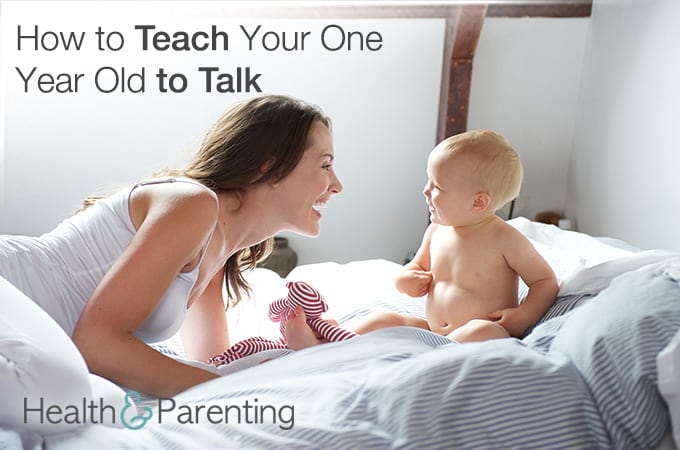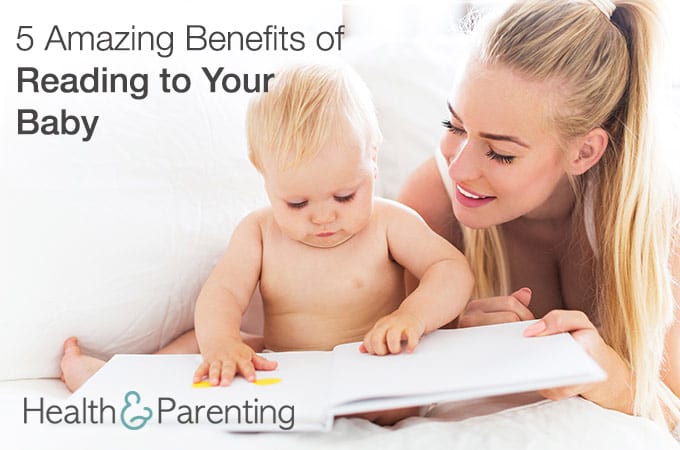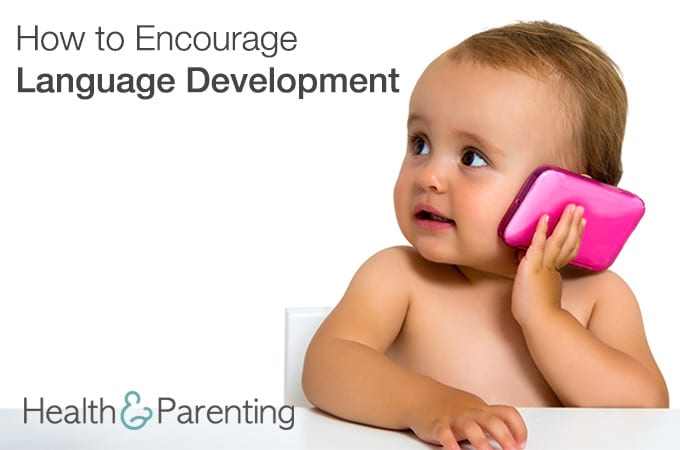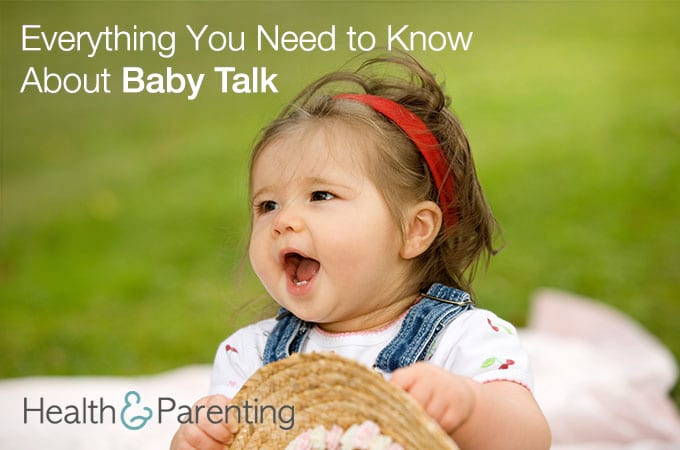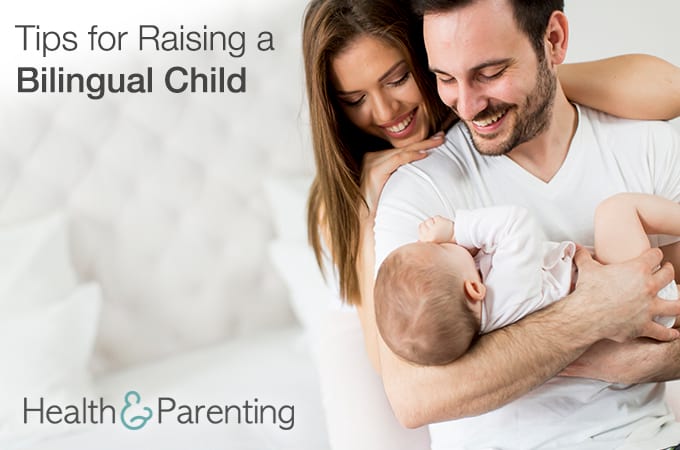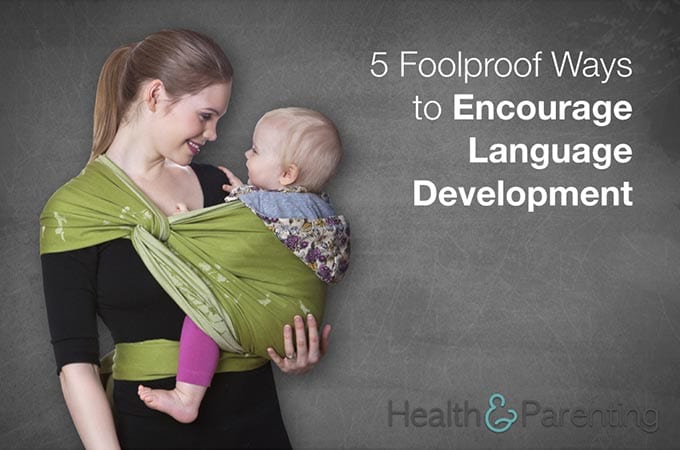Now that your baby is approaching one year of age, you’re probably desperate to know what his first word will be. In fact, if he’s an early talker, you may already know. Over the next few months, your baby will be developing language skills and learning new words. This will happen naturally, but there are things you can do to compliment this natural process. Here are a few things you can do to teach your one year old to talk:
- Repeat words
Perhaps unsurprisingly, repetition is important for helping your baby to grasp new words. You should make an effort to repeat words throughout the day. This could be as simple as saying the word ‘drink’ when you pass your baby his sippy cup or naming the toys he is playing with. Hearing the words over and over again will make it easier for him to learn the names of things.
- Take your time
If you want your child to learn to talk, you need to provide him with the opportunity to practice new words. This means you need to stop second-guessing him, finishing his sentences and answering for him. Instead, take your time and wait to see what he has to say.
- Always respond
Your child’s early attempts at conversation are important and you can build his confidence by responding positively. Always chatter back to your baby, even when you have no idea what he’s saying (this will happen a lot, it does not mean you’re a terrible mom). Expand on what your child tells you. Your child may master simple words soon and you can repeat these words back to him and include them in a sentence. This will help him to understand the next stage of language development.
- Cut out background noise
Turn the television off, switch off the radio and spend some time each day really focused on your baby. You might be surprised to discover just how much you miss when you’re distracted by background noise. Give your baby your complete and undivided attention and strike up a conversation.
Has your baby said his first word yet?
Written by Fiona (@Fiona_Peacock), mother, writer and lover of all things baby related.
This information is not intended to replace the advice of a trained medical doctor. Health & Parenting Ltd disclaims any liability for the decisions you make based on this information, which is provided to you on a general information basis only and not as a substitute for personalized medical advice. All contents copyright © Health & Parenting Ltd 2016. All rights reserved.

